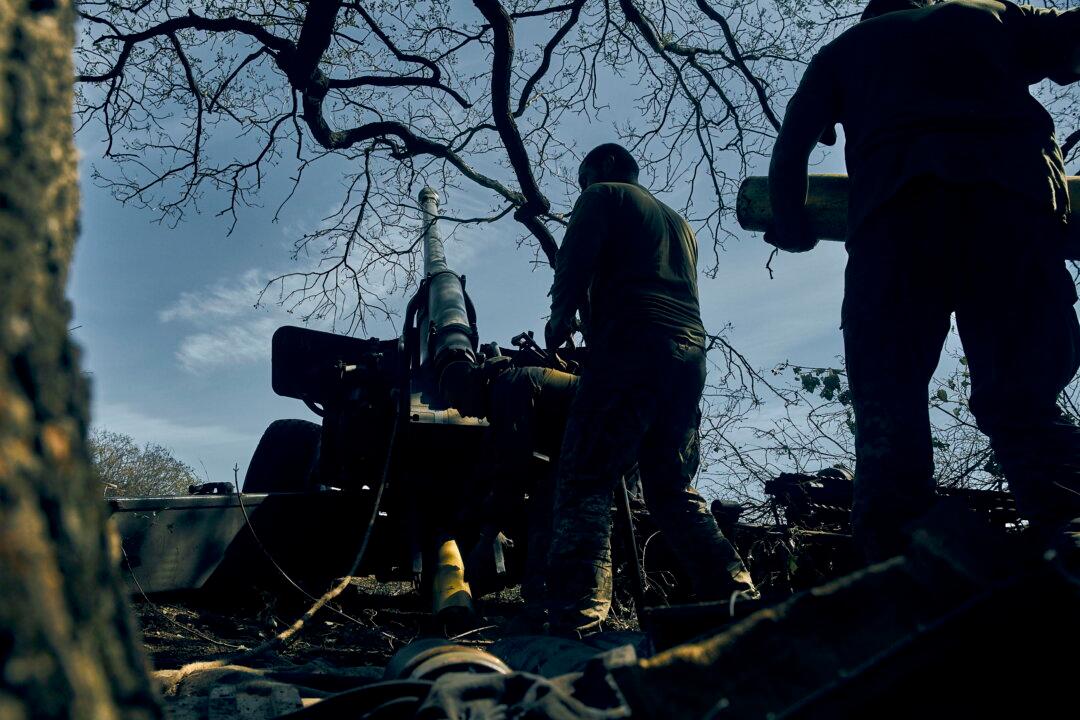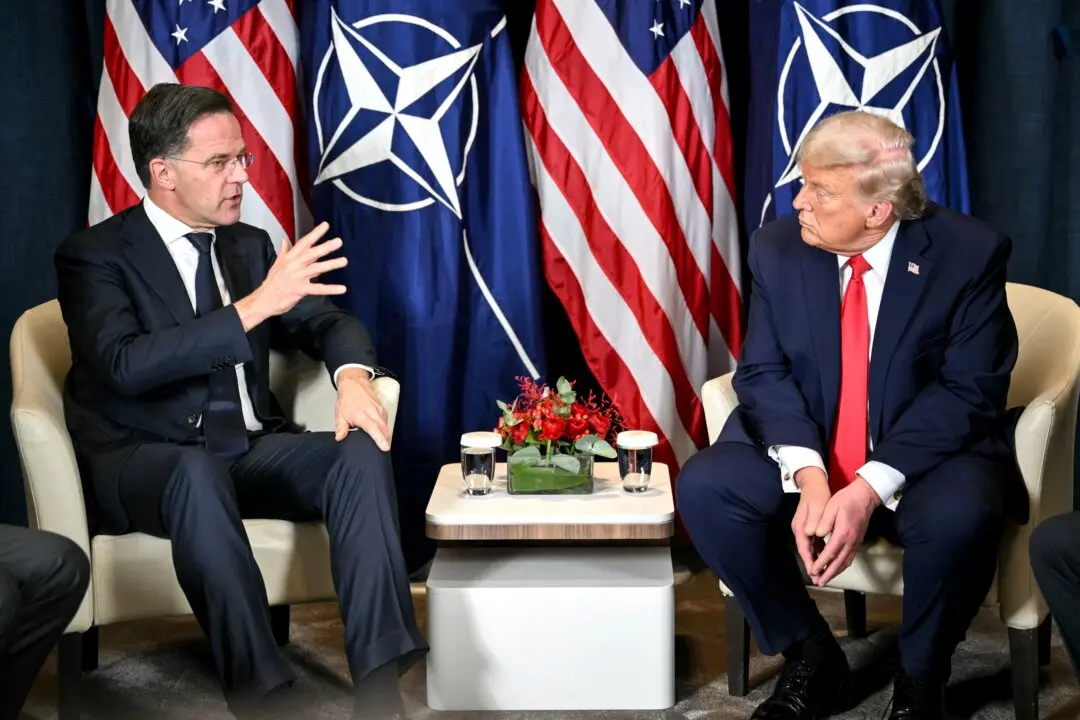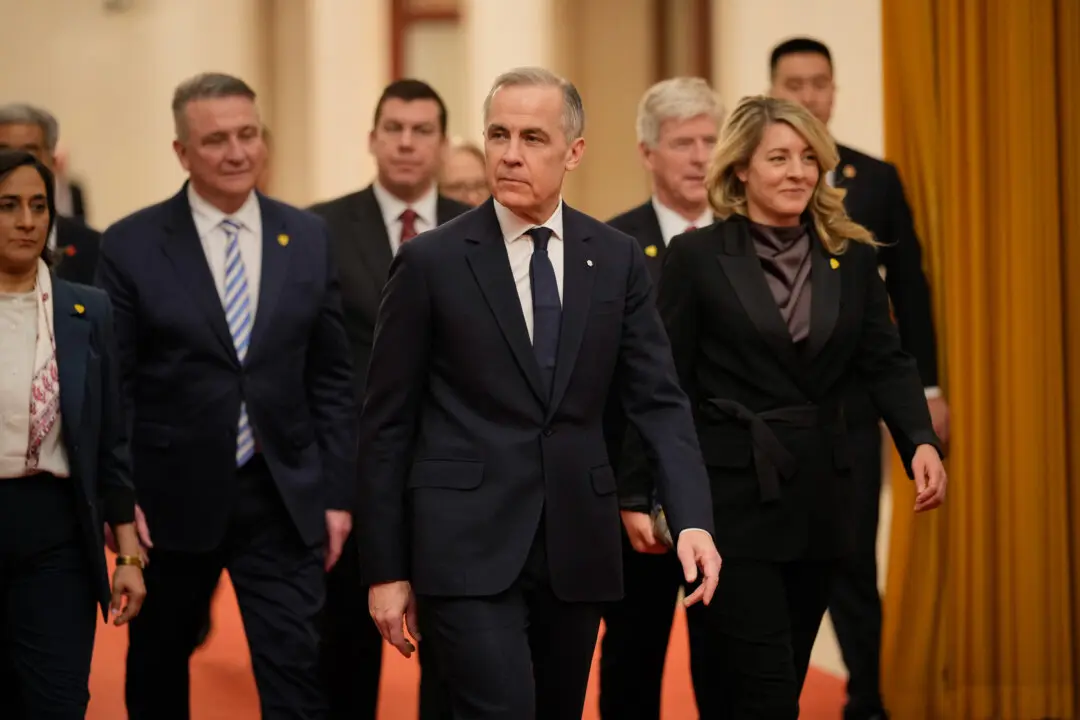Commentary
The Ukraine–Russian war, which has been an unending source of surprises since it was impetuously launched by Russian President Vladimir Putin in February, has taken another decisive turn as the long-awaited Ukrainian counteroffensive has severely defeated overexposed Russian forces.





